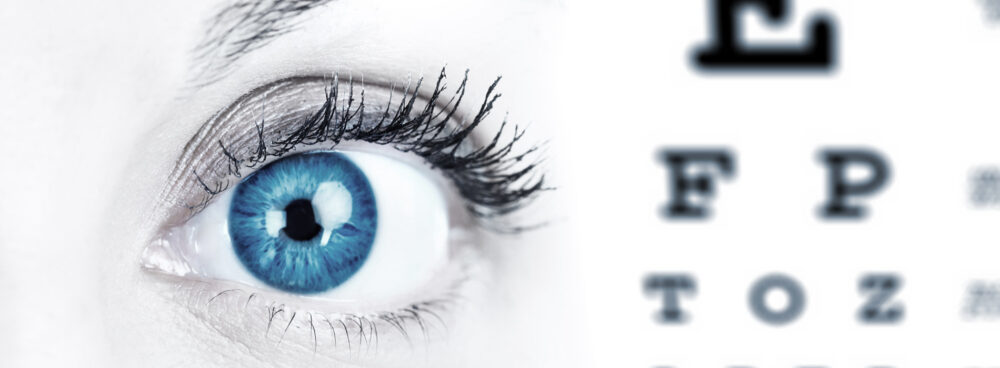Ocular allergy is an inflammatory response of the eye’s surface to environmental allergens, such as pollen, dust mites, or animal dander. People of all ages are affected, and it is fairly prevalent. Inflammation might be asymptomatic, present with severe symptoms, or even result in vision loss.
How do I know if I have ocular allergies?
Ocular allergies can cause a lot of discomforts. The most common symptom is itchy, red, watery eyes. You may also experience swelling of the eyelids and a burning sensation. To learn more about the signs and symptoms of ocular allergies, as well as certain measures to prevent them from developing, you may access this helpful allergy awareness course. If you have these symptoms, it’s important to see an allergist find out what’s causing them.
Can I prevent or treat ocular allergies with home remedies?
Avoiding or limiting contact with the substance causing the issue is the key to treating eye allergies. But you must be aware of what to avoid. There are several home remedies that you can use to prevent or treat ocular allergies. One is to clean your eyelids with a mild soap and water solution. This will help to remove any allergens that may be present. You can also try using artificial tears or eye drops to help relieve symptoms.
Antihistamine tablets and liquids also help watery, itchy eyes by inhibiting histamine. The treatment options include loratadine (Alavert, Claritin), fexofenadine (Allegra), diphenhydramine (Benadryl), and cetirizine (Zyrtec), among others. Some might make you feel sleepy. Drops containing antihistamines are effective for watery, itchy eyes.
If your symptoms are severe, you may need to see a doctor for treatment.
How often should I have eye exams?
It is important to have regular eye exams and that depends on your age and risk factors. You may ask your doctor what’s best for your condition. Typically, doctors advise undergoing routine eye exams based on:
- 20 to 39 years old: Every five years
- 40 to 54 years old: Every two to four years
- 55 to 64 years old: Every one to three years
- 65 years and older: Every one to two years
If you wear glasses or contacts, have a family history of eye disease, or have a chronic illness like diabetes that increases your chance of developing an eye disease, you should have your eyes tested more frequently.
Are there any foods that trigger ocular allergies?
There are a few foods that can trigger ocular allergies. One of the most common is cow’s milk. Other triggers include eggs, shellfish, and nuts. If you have an ocular allergy, it’s important to speak to a dietitian or doctor to discover what’s causing your ocular allergy and to learn about about treatment options.
Do eye allergy sufferers have an increased risk of glaucoma?
A newly published study suggests that when you have eye allergies, your immune system may play a role in the development of glaucoma. The retrospective cross-sectional study looked at a panel of common indoor allergens, including dust mites, cockroach, cat, and dog allergens, to determine whether there was a relationship between glaucoma and serum immunoglobulin E (IgE) levels.
Glaucoma is a condition that damages the optic nerve and can lead to blindness. If you suffer from ocular allergies, it is important to see an eye doctor regularly to check for signs of glaucoma.
What are some common eye allergies?
Eye allergy symptoms can occur independently or accompany common ones like sneezing or sniffling. The most common types of eye allergy are:
- contact allergic conjunctivitis
- seasonal or perennial allergic conjunctivitis
- atopic keratoconjunctivitis
- vernal keratoconjunctivitis
- giant papillary conjunctivitis
Are there any signs that indicate my ocular allergies are worsening?
There are certain signs that can indicate that your ocular allergies are worsening. For instance, you may notice that your eyes are red and itchy more often. You may also find that you’re having trouble wearing contact lenses or that your vision is becoming blurry. If you experience any of these symptoms, it’s important to see an allergist get a proper diagnosis and treatment plan.
What is one eye allergy test that will tell me what I am allergic to and how is it conducted?
There are many different types of tests that can be done to determine what someone is allergic to. Eye allergies can cause anything from minor irritation-causing redness to vision-impairing inflammation. Visit an allergist if symptoms worsen or over-the-counter medications are ineffective. The allergist will examine you, go over your medical history, examine your symptoms, and perform tests that may detect an allergy to the eyes.
One of those examinations might involve using a microscope, which will reveal enlarged blood vessels on the surface of the eye. In addition, a specific type of white blood cell that appears in allergy-affected eye areas may be tested for by your doctor. This entails gently scraping the conjunctiva, which is the inner lining of the eyelid, to check for the presence of those cells.
Want more news from the Tech world for Gaming Peripherals to Hardware Click Here







